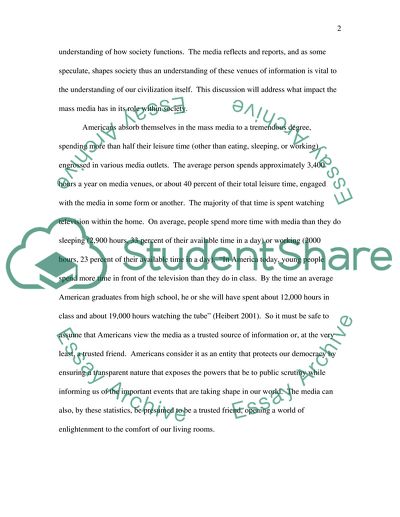Cite this document
(“The Mass Media and Its Roles in Influencing Society Term Paper”, n.d.)
Retrieved from https://studentshare.org/sociology/1566929-the-mass-media-and-its-roles-in-influencing-society
Retrieved from https://studentshare.org/sociology/1566929-the-mass-media-and-its-roles-in-influencing-society
(The Mass Media and Its Roles in Influencing Society Term Paper)
https://studentshare.org/sociology/1566929-the-mass-media-and-its-roles-in-influencing-society.
https://studentshare.org/sociology/1566929-the-mass-media-and-its-roles-in-influencing-society.
“The Mass Media and Its Roles in Influencing Society Term Paper”, n.d. https://studentshare.org/sociology/1566929-the-mass-media-and-its-roles-in-influencing-society.


